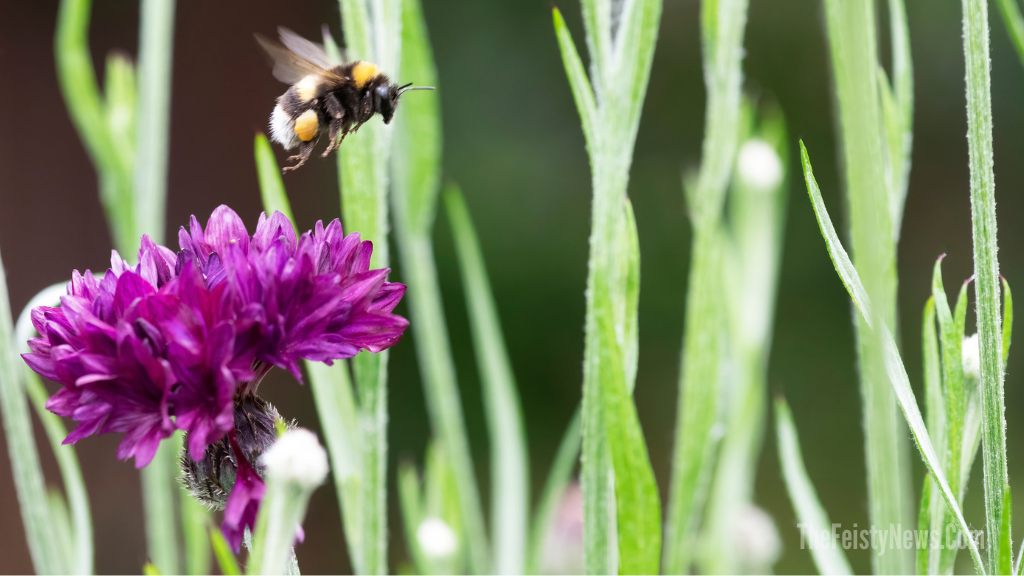A groundbreaking analysis has uncovered a staggering two million species at risk of extinction, a figure that doubles previous estimates provided by the United Nations. While the decline of plant and vertebrate species has been extensively documented by scientists, 24% of invertebrates are at risk, as well as 27% of all plants and 18% of vertebrates.
Recent data collection on insects has unveiled a much graver reality, indicating that a significant proportion of insect species is at risk of extinction. This revelation effectively doubles the global number of species facing the threat of extinction, as highlighted in a paper published in Plos One on Wednesday. Lead researcher Axel Hochkirch from the Musée National d’Histoire Naturelle in Luxembourg stressed the importance of addressing the critical endangerment of insects, emphasizing their status as the most species-rich group of animals on Earth.
“This comprehensive analysis of 14,669 continental red list assessments for European animal and plant species suggests that 2 million plant and animal species are threatened with extinction,” researchers said.
The study underscores the challenges in comprehending the global decline of insect populations due to a lack of data, even though 97% of all animals are invertebrates. Insects, constituting about 90% of this group, play vital roles in ecosystems by pollinating crops, recycling nutrients into soils, and decomposing waste. Axel Hochkirch emphasized, “Without insects, our planet will not be able to survive.”
The intricate symbiosis between plants and insects is the bedrock of our ecosystem, fostering a delicate balance that sustains life as we know it. Plants, through photosynthesis, not only generate the oxygen vital for our survival but also serve as the primary source of nourishment for countless organisms. In tandem, insects act as nature’s essential pollinators, facilitating the reproduction of flowering plants, including many of our crucial crops.
The potential extinction of a portion of our plants and insects would trigger a domino effect, threatening biodiversity, disrupting food chains, and compromising the overall health of our planet. The loss of plant-insect interactions could lead to catastrophic consequences, from diminished agricultural productivity to the destabilization of entire ecosystems, underscoring the urgent need for conservation efforts to preserve these interconnected relationships for the well-being of our global environment.
Author Profile
Latest Entries
 Women's RightsJanuary 23, 2024VP Kamala Harris promises Biden will veto national abortion rights ban
Women's RightsJanuary 23, 2024VP Kamala Harris promises Biden will veto national abortion rights ban World NewsJanuary 17, 2024Bisan, the 25-year-old filmmaker in Gaza’s war zone, calls for a global strike from January 21-28th
World NewsJanuary 17, 2024Bisan, the 25-year-old filmmaker in Gaza’s war zone, calls for a global strike from January 21-28th PoliticsJanuary 15, 2024DA Fanny Willis accused of dating special prosecutor assigned to Trump’s indictment
PoliticsJanuary 15, 2024DA Fanny Willis accused of dating special prosecutor assigned to Trump’s indictment Editor's NotesJanuary 10, 2024The Feisty News Standards for Using AI in Journalism
Editor's NotesJanuary 10, 2024The Feisty News Standards for Using AI in Journalism






